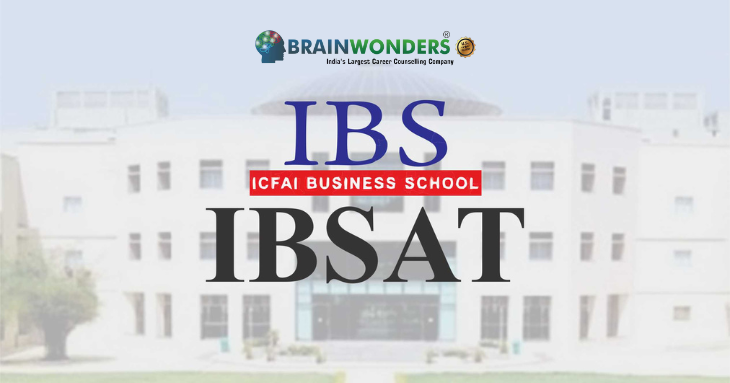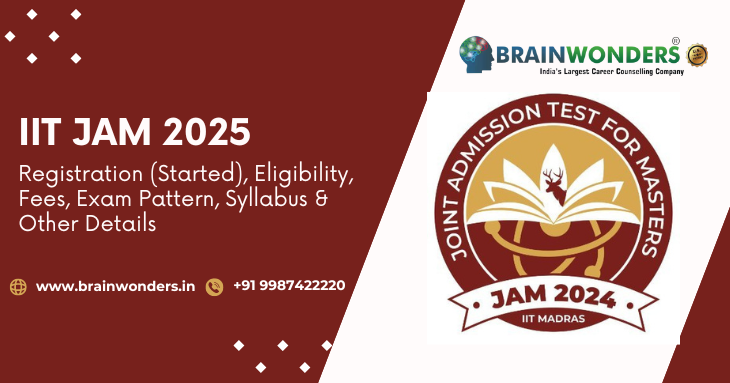

Let the best team of psychologists and career counsellors help you achieve your drea
Get expert guidance about your abilities, industries, and best ranked career options for you
Blog
11 January,2024 | By Brainwonders

If you've ever dreamt of taking to the skies and becoming a pilot, you're not alone. Many young individuals are fascinated by the idea of piloting an aircraft and embarking on thrilling adventures in the vast expanse of the sky. The path to becoming a Pilot after 12th grade education is an exciting and challenging one. In this comprehensive guide, we will walk you through the steps, qualifications, and training required to turn your dreams into reality. So fasten your seatbelts and prepare for an exhilarating journey as we explore how to become a Pilot after 12th!
To pursue a career in aviation as a pilot after completing your 12th grade education, you need to follow a series of steps and fulfill specific requirements. Here's a step-by-step guide on how to become a pilot after 12th:
Before embarking on your journey to become a pilot, it's crucial to develop a genuine passion for aviation. Spend time researching and learning about different aircraft, aviation history, and the responsibilities of a pilot. Join aviation clubs, attend air shows, and immerse yourself in the world of aviation to fuel your passion.
While there is no specific stream requirement to become a pilot, it is generally recommended to choose the Science stream with Physics and Mathematics as core subjects. These subjects provide a strong foundation in the principles of flight and navigation, which are vital for aspiring pilots.
After completing your 12th grade education, you have the option to pursue a degree in aviation. Several universities and institutes offer undergraduate programs in aviation that provide a comprehensive understanding of the aviation industry, flight operations, and aircraft systems. While a degree is not mandatory to become a pilot, it can enhance your knowledge and employability.
To fly an aircraft professionally, you need to obtain certain licenses and certifications. The primary licenses for aspiring pilots are as follows:
To obtain the necessary training and flight hours, it is essential to enroll in a reputable flight school or training institute. Some of the well-known flight schools in India include the National Flying Training Institute (NFTI), Indira Gandhi Rashtriya Uran Akademi (IGRUA), and Bombay Flying Club (BFC). These institutions offer comprehensive training programs that cover both theoretical knowledge and practical flying experience.
Pursuing a career in aviation can be financially demanding. However, there are various options available to fund your pilot training. Scholarships offered by aviation organizations and institutes can help alleviate some financial burden. Additionally, you can explore bank loans and financing options specifically designed for aspiring pilots. Personal savings and sponsorships are also viable options to fund your training.
Aspiring pilots in India may need to appear for entrance examinations conducted by various organizations. For example, the Indian Air Force (IAF) conducts the Combined Defense Services Examination (CDSE) for entry into the Indian Air Force Academy. Additionally, some airlines require candidates to clear their selection exams, which assess their aptitude, logical reasoning, and technical knowledge. Medical fitness tests are also conducted to ensure candidates meet the physical requirements.
To become a pilot, you must meet certain physical and medical fitness requirements. These include:
Visual Acuity and Color Vision: Good vision is essential for piloting an aircraft. You need to have clear distance vision and be able to distinguish colors effectively.
Hearing Ability: Adequate hearing ability is necessary to communicate effectively and hear critical audio cues during flight operations.
General Health and Fitness: Piloting an aircraft requires physical stamina and mental alertness. You should maintain a good overall health condition and be free from any medical conditions that may hinder your ability to fly.
After obtaining the necessary licenses and completing your training, various career opportunities await you in the aviation industry. Some of the popular career paths include:
Commercial Airlines: Joining commercial airlines as a pilot allows you to fly passenger aircraft and travel to different destinations. It offers stable employment and career progression opportunities.
Cargo and Freight Services: Working as a cargo pilot involves transporting goods and freight across different locations. This sector offers diverse flying experiences and often involves operating larger aircraft.
Corporate Aviation: Many corporations and high-net-worth individuals own private aircraft for business and personal travel. Becoming a corporate pilot allows you to fly these aircraft and cater to the unique needs of your clients.
Government and Defense Sector: The government and defense sector offer opportunities for pilots to serve in organizations such as the Indian Air Force, Border Security Force (BSF), and Coast Guard. These roles involve critical missions and national security.
Becoming a pilot after 12th grade is an ambitious and rewarding career choice. It requires a combination of passion, dedication, and continuous learning. By following the steps outlined in this guide and fulfilling the necessary requirements, you can set yourself on the path to soar the skies and turn your dreams into a reality. Remember, the sky's the limit, and with the right mindset and determination, you can achieve your goal of becoming a pilot after 12th!
Q1. How long does it take to become a pilot after 12th?
Ans: The duration to become a pilot after completing your 12th grade education can vary. It typically takes around 18 to 36 months to obtain the necessary licenses and complete the required flight hours. The duration may vary based on factors such as the training program, individual progress, and weather conditions.
Q2. Can I become a pilot without a science background in 12th grade?
Ans: While having a science background is beneficial, it is not mandatory to become a pilot. You can pursue a career in aviation and become a pilot by fulfilling the necessary requirements, including obtaining the required licenses and certifications and undergoing flight training.
Q3. What are the average salaries of pilots in India?
Ans: The salaries of pilots in India vary depending on factors such as the type of aircraft flown, experience level, and employing airline or organization. As a rough estimate, the average starting salary of a pilot in India can range from ₹5 lakh to ₹10 lakh per annum. With experience and seniority, pilots can earn significantly higher salaries.
Q4. Are there any height and weight requirements for pilots?
Ans: There are no specific height and weight requirements to become a pilot in India. However, pilots must meet certain physical fitness standards set by regulatory authorities to ensure they can perform their duties safely.
Q5. Can I become a pilot if I wear glasses?
Ans: Wearing glasses does not necessarily disqualify you from becoming a pilot. However, you must meet specific visual acuity requirements, which can be corrected with glasses or contact lenses. The exact standards vary depending on the type of pilot license and the applicable regulations.
Q6. What are the common challenges faced by aspiring pilots?
Ans: Aspiring pilots may face various challenges on their journey. Some common challenges include the high cost of training, intense competition, strict medical requirements, and the need for continuous learning and skill development. Overcoming these challenges requires determination, perseverance, and a genuine passion for aviation.
Let the best team of psychologists and career counsellors help you achieve your drea



,_Syllabus,_Pattern,_Old_Question_Papers.png)

